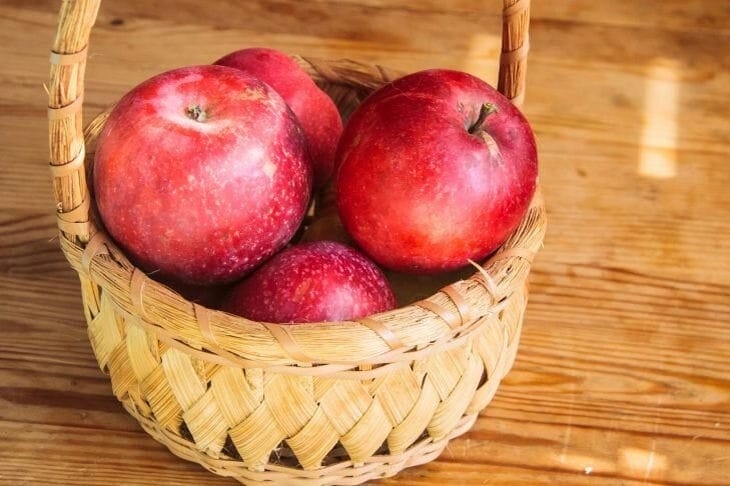As we age, our immune system weakens, but eating the right diet can help support it.
To do this, you need to focus on proteins, fiber and vitamins.
Proteins are the basis of immune cells. To get them, combine plant and animal sources. Plant proteins are found in beans, lentils and soy, and animal proteins are found in lean chicken, fish and eggs.

Fatty fish such as salmon and herring should be included in the menu 2-3 times a week due to their high content of omega-3 acids.
Dairy products, including kefir and cottage cheese, improve intestinal microflora, and it is better to limit red meat.
Fiber feeds the beneficial bacteria in the gut, where 70% of immune cells are concentrated.
Add steamed vegetables, such as broccoli and carrots, and fruits, such as apples and citrus fruits, to your diet every day.
Whole grain cereals and adding flax or chia seeds to meals will help increase your fiber intake.
Vitamins are critical to protecting the body. Vitamin A, which strengthens mucous membranes, is found in carrots and cod liver. Vitamin D, which regulates the immune response, can be obtained from fish and egg yolks. Vitamin C, which stimulates the production of antibodies, is found in kiwi and sauerkraut.
Additionally, include foods high in zinc, such as pumpkin seeds, and selenium, such as Brazil nuts, in your diet.
It is important to drink 1.5–2 liters of liquid per day: water, herbal teas or unsweetened compotes. Dehydration weakens the body's defenses.
Practical advice includes fractional meals (5–6 small meals), gentle cooking methods (stewing, baking) and limiting salt and sugar, which are harmful to microflora and blood vessels.
An example of a daily menu: for breakfast - oatmeal with dried apricots, for lunch - lentil soup and baked fish with buckwheat, for dinner - stewed vegetables with chicken.
Kefir, an apple or a handful of nuts are good snacks.
Before making any changes to your diet, consult your doctor, especially if you have chronic illnesses.
